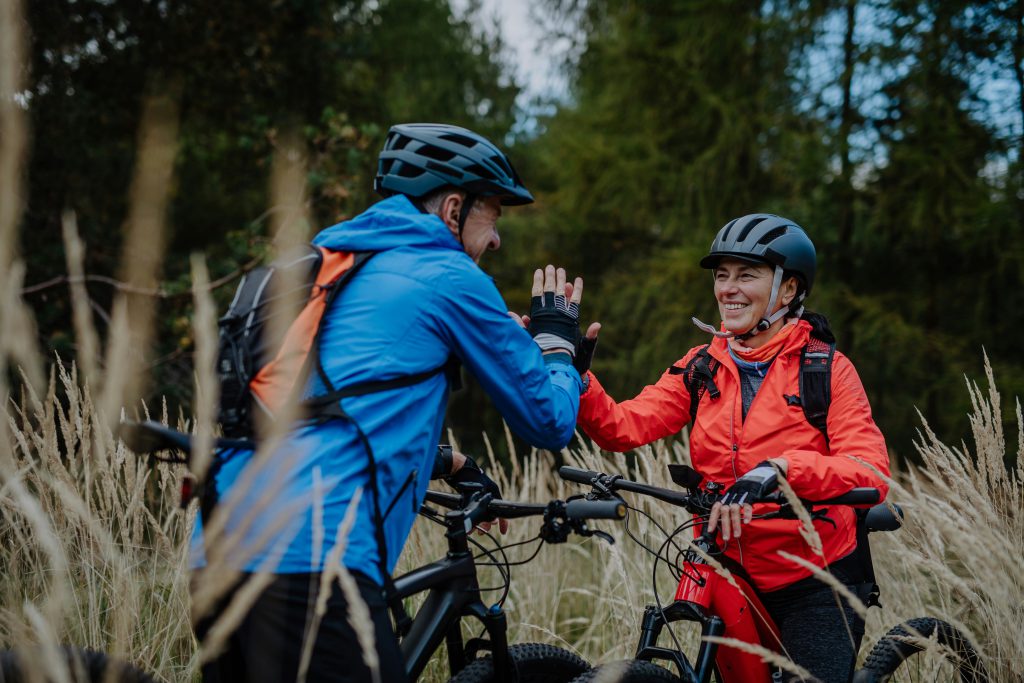A Guide to Cycling over 50

Collaborative Post
You’re never too old to get back in the saddle, whether you’re returning after a period of absence or giving cycling a try for the first time. It’s only natural that you might have some concerns about cycling in your 50s, from declining muscle mass to increased pressure on your joints. After all, you aren’t quite the spring chicken you once were.
You’ll be pleased to know that there are approximately 7.61 million cyclists in the UK and 46 percent of these are over the age of 50. This number is expected to increase in the coming years.
This guide will provide you with all the benefits of cycling in later life and the practical steps for getting started with cycling.
Choosing The Right Bike
Test Cycling
Choosing the right bike is essential for ensuring your comfort while on two wheels, so it’s recommended that you rent or borrow bikes before making a commitment. Think about the type of terrain you intend to be navigating and what your budget requirements are. For example, gravel bikes are versatile and are best suited for tarmac and trail.
Essential Gear
Having the right cycling gear is essential for ensuring your safety on the road. Helmets and gloves are a must when cycling, alongside protective glasses and elbow and knee pads. You’ll also need patch kits in the event of a puncture and bike locks to keep your bike secure when left unattended.
Start Slowly
While it might be tempting to jump straight back in, it’s important that you gradually build up your experience. You need to gently improve your cycling endurance and muscle strength to avoid injuries that could put you on the sidelines. Overexerting yourself will only prohibit your progress in the long run.
Social and Supportive Aspects
The social and physical benefits of cycling can’t be overstated. Not only is cycling good for your cardiovascular health but it’s associated with lower rates of depression and anxiety across all age groups. That’s not even mentioning what joining a local cycling group or biking with friends can do for your companionship and motivation.
Cycling can take a toll on your health without proper warm-up and cool-down routines. These prevent overexertion and promote muscle recovery, alongside rest days.
Addressing Safety Concerns
There is no denying that cycling may present some risks. You may have some concerns about balance and well-being, especially if you’re suffering from pre-existing health conditions. Some alternative exercises and stretches can help you hone your skills and acclimatise your body before committing to any long bike rides.
If you need some reassurance, you can always consult healthcare professionals or local cycling groups for personalised advice.

